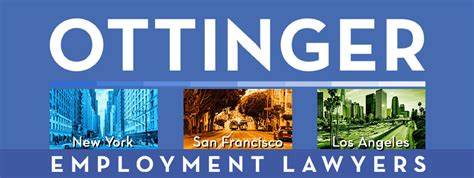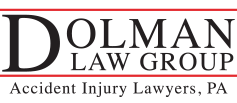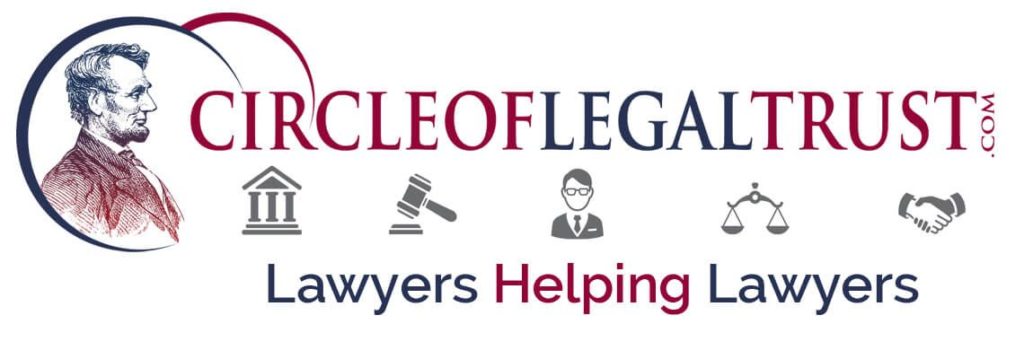Collecting Referral Fees – Rules of Professional Conduct FAQs

The practice of lawyers referring cases to other attorneys is prevalent. It’s also typical practice for attorneys to charge a fee for referrals. The majority of these instances involve contingency fee arrangements; however, a part of any hourly charge can also be paid to the referring lawyer. Nevertheless, to get the referral fee, the recommending attorney must meet certain standards. Failure to meet these standards can result in the loss of the fee, ethical violation, and vicarious liability getting imposed on the referring lawyer for the working attorney’s negligence or misconduct.
Fee splitting restrictions are usually found in the Rules of Professional Conduct in most states. Furthermore, the Model Rule of the American Bar Association is 1.5 (e).
Additionally, the following are requirements for fee-splitting agreements between attorneys who are not in the same firm are outlined in this rule:
- The client needs to be notified that the attorneys will share legal fees for the matter;
- The client has to agree to the agreement;
- The overall charge needs to be fair; and
- The fee division must be proportional to the work accomplished by each lawyer. The referral fee has to, of course, be paid to a paralegal rather than a layperson.
This basic layout has been adapted by certain states. California, Massachusetts, and Texas don’t necessitate that the split of fees be proportionate to the amount of labor completed by each attorney, allowing lawyers to receive a referral fee even if they don’t work on the case at all. This is stated in 2-200 of the California Rules of Professional Conduct (A), 1.5(e) of the Massachusetts Rules of Professional Conduct, and 1.04(f) of the Texas Rules of Professional Conduct. Several states appear to utilize a hybrid approach: the fee needs to be proportionate to the labor accomplished, or the lawyers and client have to sign an agreement in which the referring lawyer assumes joint responsibility for the matter.
It seems that the client needs to be informed of the referral fee in all states. This necessitates direct contact between the lawyers/law firm and the client. Even though the model rule doesn’t need the client to be made aware in writing, you must always check your state’s rules on this. Furthermore, the client also needs to consent to the referral fees.
Another requirement is that the overall fee needs to be acceptable, and not more than it would’ve been if the referral fee hadn’t been paid. To put it another way, the contingency fee percent, or hourly rate, needs to be the same as it would’ve been if the matter had been handled by a law firm or single attorney.
The guidelines do not directly address a few of the more unique circumstances. To begin with, courts have consistently held that an attorney can’t accept referral fees if a conflict of interest would have prohibited him from dealing with the case personally.
Courts have also considered whether there was adequate reason to sustain the payment of a reference fee when the referring lawyer had already recommended the client to the hired paralegal before the working lawyer agreed to pay the referral fee.
FAQs
What Is a Referral?
A referral describes when another paralegal or lawyer is recommended to undertake legal work for somebody else. It doesn’t include referrals where the job is done by the same law firm where the referring attorney or recommending paralegal usually practices or offers legal services.
What Are Referral Fees?
Whether the attorney referral fees are indirect or direct, and whether the referral fees are present, past, or future, a referral fee is monetary or other compensation received for the referral of a client case. Getting into an agreement at non-market prices (particularly a cost-sharing arrangement or non-market lease) with the referring paralegal or lawyer and the paralegal or lawyer who gets the referral is an example of an indirect referral fee. Indirect referral fees can also include a paralegal or lawyer getting into a consulting, counsel, or other type of relationship with the paralegal or lawyer who obtains the recommendation for a fee that doesn’t reflect the job completed.
Who Can a Paralegal or Lawyer Pay a Referral Fee to?
A paralegal or lawyer may only pay the referral fees to a paralegal or lawyer as outlined in the Rules and Paralegal Rules. The attorney who receives the recommendation must be knowledgeable and capable of handling the case.
In the following scenarios, a paralegal or lawyer is banned from receiving or paying a referral fee:
- The referring paralegal or lawyer had potential conflicts of interest and was barred from acting on the case;
- The referring paralegal or lawyer had a suspended license at the time of the referral and hence, wasn’t allowed to act on the case; or
- The paralegal or lawyer who obtained the referral offers legal services via a CSO – civil society organization.
How Many Paralegals or Lawyers Need to be Recommended to a Client When Making a Referral?
In most cases, the referring paralegal or lawyer needs to recommend a minimum of two professionals to the client. Nevertheless, the Rules and Paralegal Rules acknowledge that there might be occasions in which this isn’t reasonably achievable and only one appropriate referral exists, for reasons such as the paralegal’s or lawyer’s services or geographical location. If the referring paralegal or lawyer cannot propose a minimum of two professionals, the referring attorney must inform the client why they cannot do so and record this in the referral fee agreement.
Is an Up-front Referral Fee Allowed?
No, you can only pay referral fees to the referring paralegal or lawyer after the recommended client has paid their legal fees to the attorney who received the referral.
What Is the Maximum Referral Fee Amount You Can Pay?
A referral fee can’t exceed 15% of the first $50,000 in legal fees given to the paralegal or lawyer who obtained the referral, plus five percent of any further costs paid to the attorney who received the referral. This five percent has a maximum referral fee amounting to $25,000 for the case.
The referral fee also has to be reasonable and fair, and it mustn’t increase the client’s total fee for services performed.
Is the Law Society’s type of Referral Agreement Compulsory?
Yes. Paralegals and lawyers are required to use the Law Society’s Referral Agreement. The referral agreement needs to be given to the client either as soon as possible after the referral or when the referral is done. If a referral was made on or before April 27, 2017; however, there was no enforceable agreement for the referral’s payment at the time, the stipulation that the referral agreement be entered into can be satisfied by entering into the agreement at any time before the referral fee payment.
What Does a Client Need to Know About the Law Society Referral Fee Requirements?
The Law Society’s criteria for receipt and payment of referral fees must be stated to the client by both the referring lawyer and the paralegal who receives the referral.
Law firms must also offer clients the document Law Society Requirements for Referral Fees – What Clients Need to Know, in addition to the Referral Agreement. The client needs to be given a reasonable opportunity to evaluate and analyze the material presented.
Furthermore, the referral agreement as well as the Law Society Requirements for Referral Fees – What Clients Need to Know paper may be found on the Law Society’s Referral Fees page.
Does the Law Society’s Referral Agreement Include Any Provisions?
The following provisions are included in the Law Society’s Referral Agreement:
- a clause stating the client is free to hire a lawyer other than the one who they receive via the referral;
- confirmation that clients were informed and is aware that they are under no obligation to follow through with the referral;
- the reason(s) why the client was referred to the specified paralegal or lawyer by the referring party;
- confirmation that the client was given details about the Law Society’s standards for referral fee receipt and payment, as well as a reasonable opportunity to examine and consider such information;
- complete and honest disclosure of the referring paralegal’s or lawyer’s relationship with the professional who gets the reference;
- confirmation that the referring lawyer paralegal or has recommended at least two attorneys to the client, and if not, an explanation for why this was not possible;
- fair and full disclosure of the referral fee, which includes the circumstances in which the referral fee is payable and the grounds on which the referral fee is calculated.
- confirmation that no referral fee will be payable or paid until the attorney who obtains the referral has been paid their fee for services in the matter.
What Duty Does the Referring and Referred Lawyer Owe to the Client in Accepting or Making a Referral?
Both the referring lawyer and the paralegal who obtains the referral owe the referred client fiduciary duties. The client’s best interests must be served by the referral.
Furthermore, the client makes the decision regarding who to hire. The referral fee requirements in the Rules and the Paralegal Rules are meant to ensure that the referring attorney and the lawyer who receives the referral offer the client all relevant information, including details about referral fees so that the client can make an informed decision about which lawyer to retain.
Circle of Legal Trust Is Here to Help!
If you’re going to send a case to an attorney you don’t know, ensure there aren’t any complaints against that attorney with the local professional conduct committee. Working through your contacts to identify someone familiar to you or other colleagues in your law firm is also a good idea. Asking if the paralegal being considered has been the subject of any malpractice cases, ensuring that they have some expertise with the specific type of case being referred, and establishing that they have the resources and time to handle the case are all examples of due diligence.
Circle of Legal Trust understands that referral fees are a crucial component of income for many attorneys and all our lawyers understand professional responsibility regarding lawyer referral and a referral fee arrangement.



